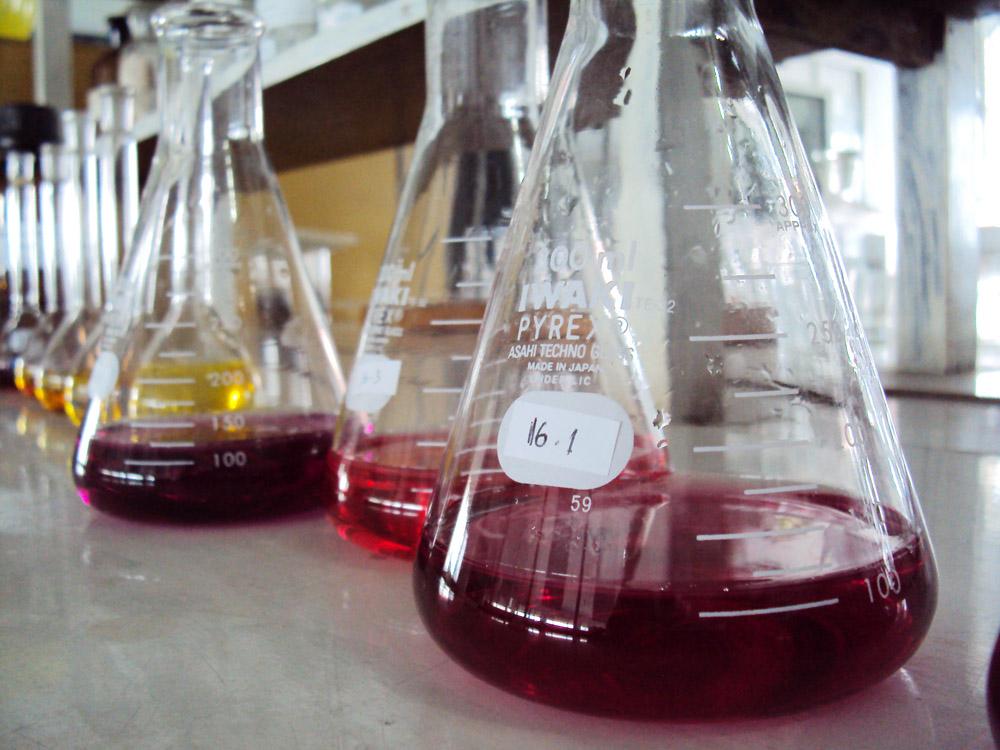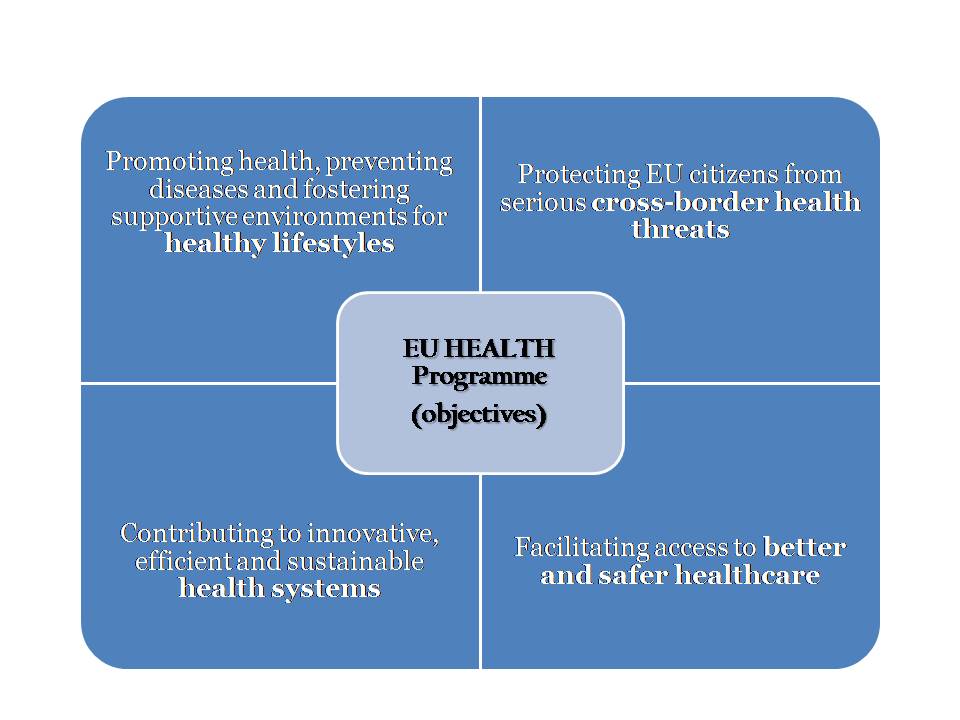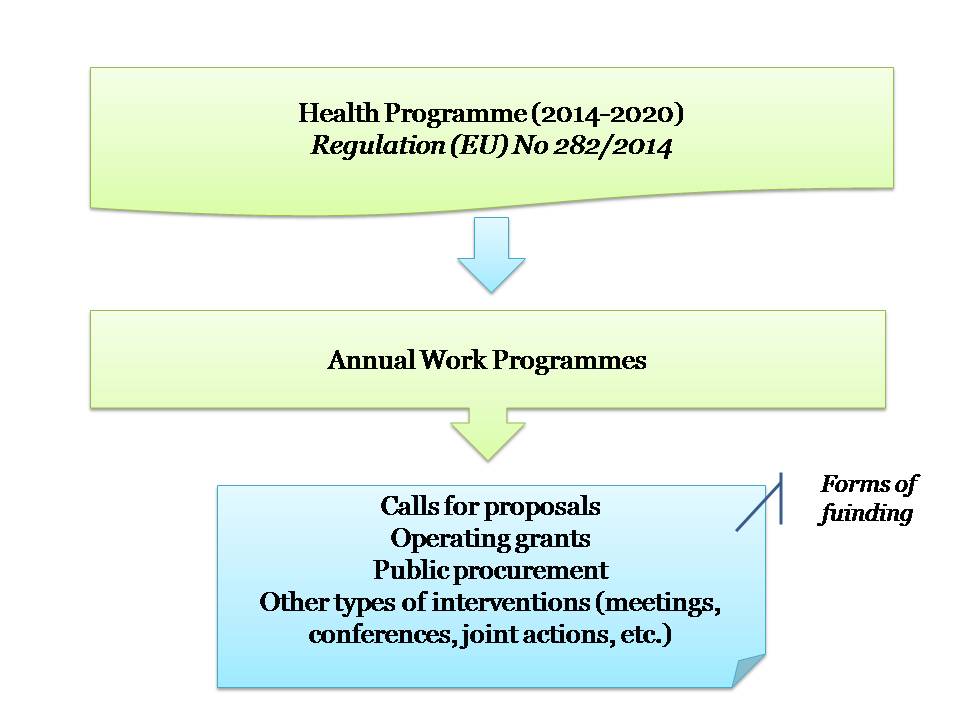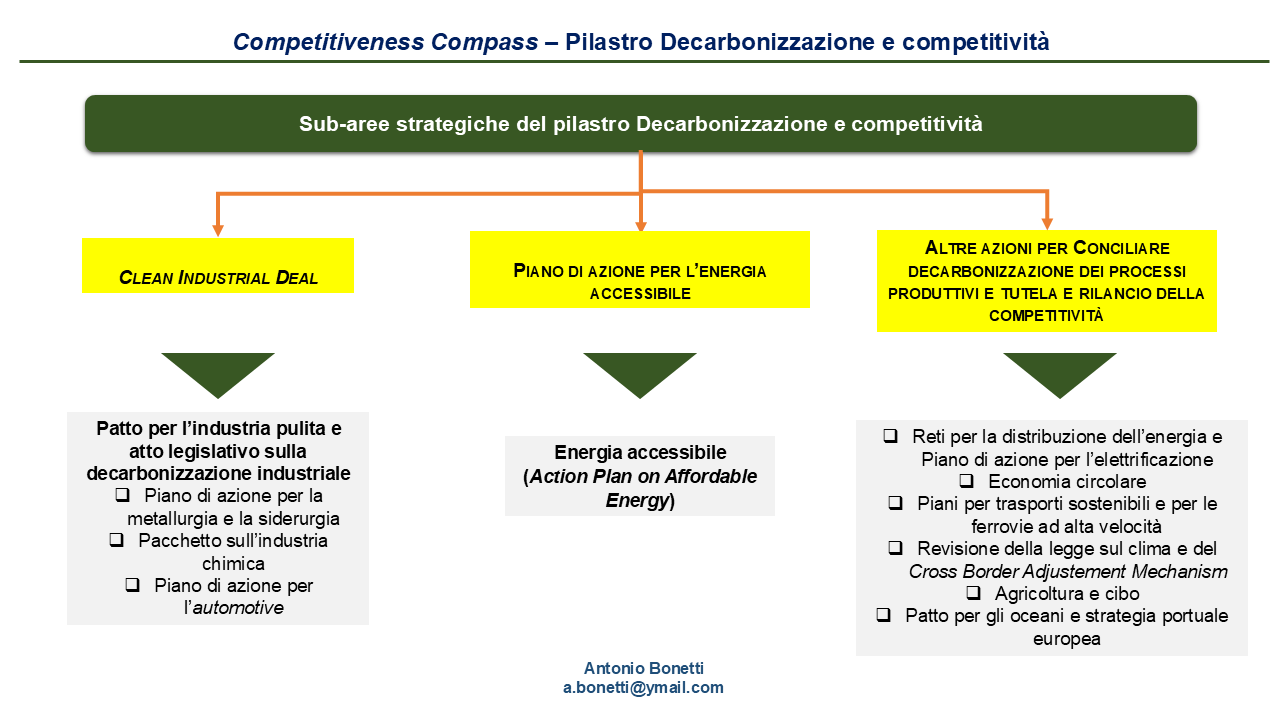As well as being a general objective of all EU policies and activities, in accordance with Article 168 of the Treaty on the Functioning of the European Union (TFEU), health is a precondition for economic growth. Efficient and effective spending on health can promote not only quality of life, but also economic productivity, while reducing public spending.
The EU Health Programme 2014-2020 – established by the Regulation (EU) No 282/2014 of 11 March 2014 – is the main instrument of the European Commission to implement the EU health strategy “Together for Health” [1]. It is focused on actions and objectives with proven EU added value, because the responsibilities of the Member States for the definition and delivery of their health services and medical care should be respected [2].
The EU Health Programme builds on the general idea that research to ameliorate both general understanding of the determinants of lifelong health, disease, disability and therapeutic strategies is key to improving active ageing and well-being for all.
The Third EU Health Programme holds 4 overarching objectives. It aims at:
- Promoting health, preventing diseases and fostering supportive environments for healthy lifestyles taking into account the ‘health in all policies’ principle,
- Protecting EU citizens from serious cross-border health threats,
- Contributing to innovative, efficient and sustainable health systems,
- Facilitating access to better and safer healthcare for EU citizens.
The Programme presents relevant synergies with other EU Programmes managed by the EC or executives agencies. The main Programme that could complement the Health Programme is certainly the new Framework Programme for Research and Innovation established by Regulation (EU) No 1291/2013 (Horizon 2020). This Programme has several specific objectives that could contribute to improving public health and health literacy of patients, especially under the third pillar “Societal Challenges” (a case in point is certainly SC1 “Health, demographic change and well-being”.)
Other Programmes that could widely support the EU health strategy are:
• the Consumer Programme,
• the Ambient Assisted Living Joint Programme,
• the European Innovation Partnership on Active and Healthy Ageing [3],
• the Programme for education, training, youth and sport (Erasmus Plus),
• the Programme for Employment and Social Innovation (EaSI),
• the Programme for environment and climate action (LIFE).
The delivery system of the Programme is organised as follows:
There is clear evidence that Annual Work Programmes are front and center.
Under the Annual Work Programmes, the actions cofinanced – in line with thematic priorities listed in Annex I to the Reg. (EU) No 282/2014 – are directed at:
- improving public health, by supporting, inter alia, networks for knowledge sharing and exchange of best practices among Member States,
- contributing to illness prevention in all its aspects (primary, secondary and tertiary prevention),
- preventing and eliminating sources of danger to physical and mental health (especially cross-border threats),
- addressing the issue of the ageing society.
To conclude, I would like to highlight that the Programme brings two particularly important issues into sharp focus:
- the need for unlocking the potential of innovation, in order to improve cost-efficiency and sustainability of health services and medical care, while findings new solutions to acknowledged and emerging threats to public health,
- the importance of empowering patients, by enhancing their health literacy and the availability of user-friendly information.
**************
[1] See: Commission White Paper Together for Health: A strategic approach for the EU 2008-2013 (COM(2007) 630 final. Also see: Commission Staff Working Document Investing in Health. SWD(2013)43 final. Brussels; 20 February 2013
[2] The EU Health Programme is managed by the Directorate General for Health and Food safety. The Consumers, Health and Food Executive Agency (Chafea) is empowered to assist the European Commission (EC) in implementing the Programme.
[3] Other Joint Programmes/Initiatives to be taken into consideration are: “Neurodegenerative Disease Research”, “A Healthy Diet for a Healthy Life”, “Antimicrobial Resistance”, “More Years, Better Lives”












